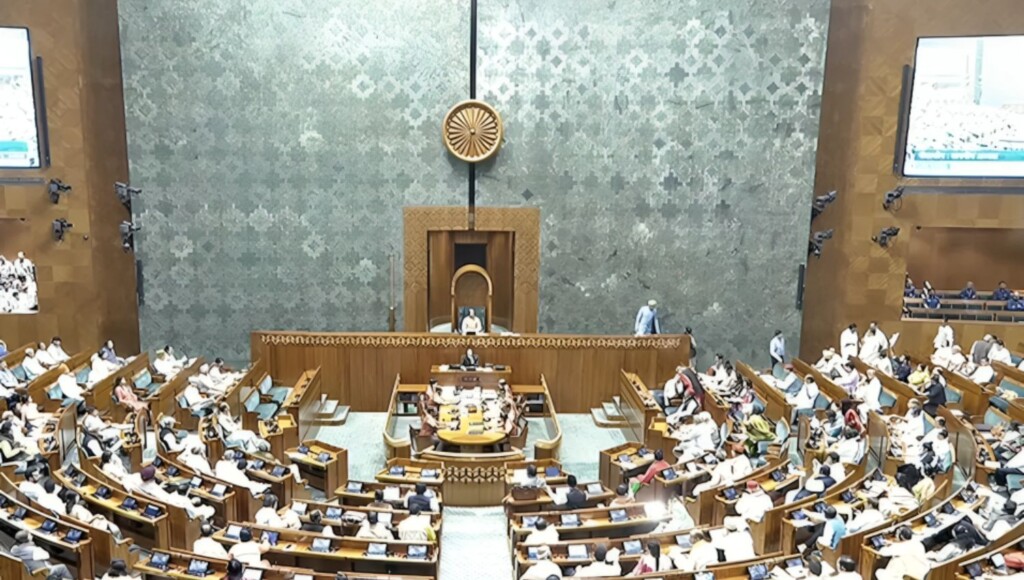The government has opted to retract the Waqf Properties Bill, 2014 (file).
New Delhi: The BJP-led administration is set to present the Waqf (Amendment) Bill, 2024 in the Lok Sabha on Thursday, aimed at revising the Waqf Act of 1995. This proposed legislation intends to “effectively tackle issues” concerning the authority of State Waqf Boards, the registration and surveying of waqf properties, as well as the elimination of encroachments.
The introduction of the Waqf (Amendment) Bill, 2024 is scheduled to be conducted by Minority Affairs Minister Kiren Rijiju in the Lok Sabha on Thursday. Sources indicate that the Samajwadi Party plans to oppose the Waqf Bill in Parliament.
The government has made the decision to withdraw the Waqf Properties (Eviction of Unauthorised Occupants) Bill, 2014, which was presented in the Rajya Sabha in February 2014 during the tenure of the Congress-led UPA administration.
The Waqf Properties (Eviction of Unauthorised Occupants) Bill, 2014 is scheduled for withdrawal from the Rajya Sabha on Thursday.
In addition to the introduction of the Waqf (Amendment) Bill, 2024, Rijiju will also present The Mussalman Wakf (Repeal) Bill, 2024, aimed at repealing the Mussalman Wakf Act of 1923.
The Waqf (Amendment) Bill, 2024 proposes to rename the Waqf Act of 1995 to the Unified Waqf Management, Empowerment, Efficiency and Development Act, 1995.
This bill aims to provide a clear definition of “waqf” as property designated by any individual practicing Islam for a minimum of five years and possessing ownership of such property, while also ensuring that the establishment of Waqf-alal-aulad does not infringe upon women’s inheritance rights.
The proposal aims to eliminate the provisions concerning the “waqf by user,” assign the responsibilities of the Survey Commissioner to the Collector or another officer of at least Deputy Collector rank, as designated by the Collector, for the survey of waqf properties, establish a diverse composition for the Central Waqf Council and the State Waqf Boards, and ensure the inclusion of Muslim women and non-Muslims in the representation.
As outlined in the statement of objects and reasons, the bill intends to create a distinct Board of Auqaf specifically for the Bohra and Aghakhan communities.
It also aims to ensure representation from Shia, Sunni, Bohra, Agakhani, and other marginalized groups within the Muslim population, streamline the registration process of waqfs via a centralized portal and database, and establish a comprehensive procedure for property mutation in accordance with revenue laws, ensuring that all relevant parties receive proper notice prior to the designation of any property as waqf.
Furthermore, the bill proposes the removal of section 40, which pertains to the Board’s authority to determine whether a property qualifies as waqf, mandates that mutawallis submit waqf accounts to the Board through a central portal for enhanced oversight of their operations, reformulates the Tribunal structure to consist of two members, and allows for appeals against Tribunal decisions to be made to the High Court within a designated timeframe of ninety days.
